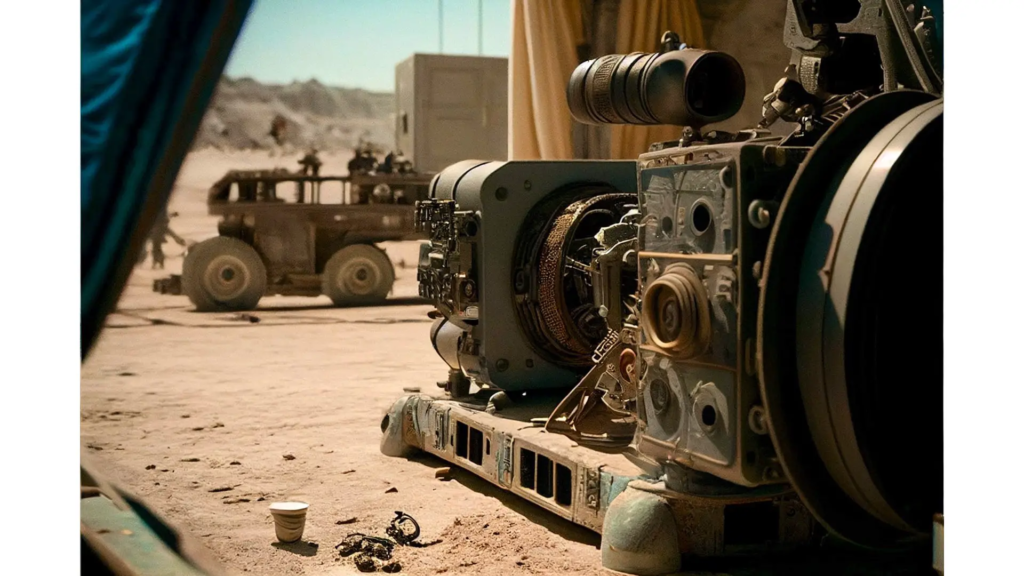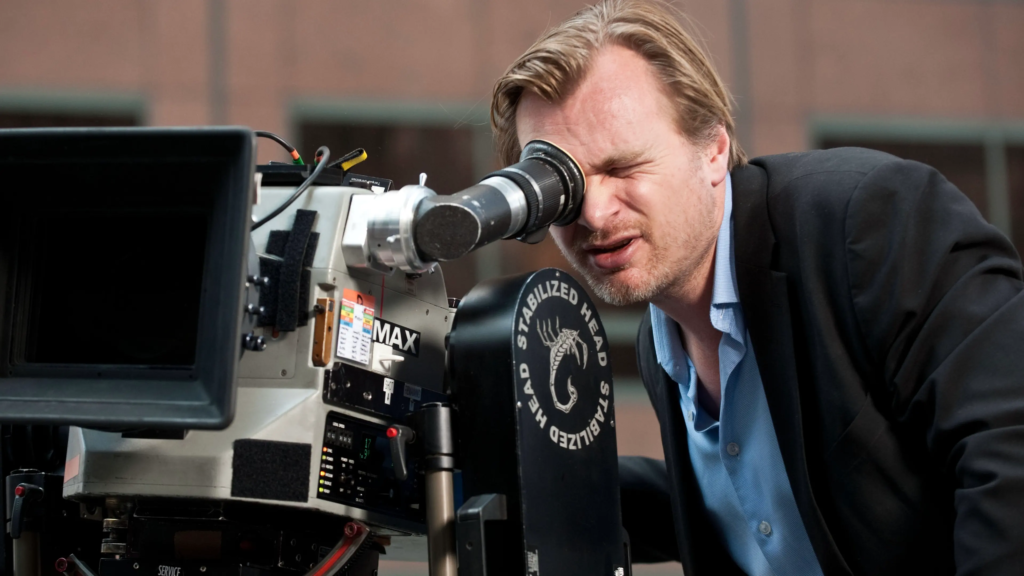Renowned director Christopher Nolan, known for his captivating and thought-provoking films, has embarked on an intriguing new project—a biopic on J. Robert Oppenheimer.
Surprising as it may seem, Nolan’s deep-rooted interest in science and exploration of the human mind in his previous works make this endeavor a captivating prospect. In a recent interview, Nolan discussed his fascination with Oppenheimer’s story and drew thought-provoking parallels between the development of artificial intelligence (AI) and the atomic bomb.
Through his film, Nolan aims to shed light on the consequences of unleashing powerful technologies and the need for responsibility in their implications.
Oppenheimer’s Captivating Story and Nolan’s Long-standing Fascination
Nolan’s interest in J. Robert Oppenheimer‘s story has been brewing for years, stemming from his fascination with scientists grappling with the immense power of the atomic bomb and the weight of their decisions.
The film delves into Oppenheimer’s personal journey, highlighting his brilliance, charisma, and managerial skills that united a diverse group of scientists. The atomic bomb is portrayed not merely as a historical event, but as a pivotal moment when humanity realized its capacity to potentially wipe out all life.
The Parallels between the Atomic Bomb and Artificial Intelligence in Oppenheimer

Drawing upon recent discussions about generative AI and its potential societal impact, Nolan sees parallels between the atomic bomb and AI as cautionary tales.
Despite their distinct origins, both possess the ability to reshape the world and pose significant risks if not properly regulated. Nolan emphasizes the importance of responsibility in the development and deployment of such powerful tools.
He cautions against attributing godlike characteristics to AI, as it can lead to a disregard for human responsibility, echoing the historical significance of avoiding false idols.
The Lingering Danger and Balanced Discourse in Oppenheimer
Nolan’s upbringing in the 1980s during the Cold War exposed him to the palpable fear of nuclear war that permeated society. He acknowledges that over time, people tend to shift their concerns to other pressing issues, but the underlying danger remains.
Nolan draws a parallel to the fear surrounding the rise of AI and the potential for an AI apocalypse. He emphasizes the need for balanced discourse, where genuine concerns are addressed without succumbing to unnecessary panic or dismissing the real dangers associated with AI.
Governance and Collective Efforts in Addressing AI Challenges

In discussing the governance of AI and technology, Nolan expresses skepticism about the establishment of an international agency to regulate AI. Reflecting on Oppenheimer’s story, he contemplates the complex relationship between science, government, and the responsibility of inventors.
Nolan believes it is disingenuous for tech companies to advocate for regulation while evading geographical limitations and circumventing government oversight. He underscores the importance of collective efforts to address the challenges posed by AI, considering both its potential benefits and risks.
Navigating the Unique Challenges of AI
Nolan acknowledges a fundamental difference between nuclear weapons and AI. He explains that nuclear weapons are tied to specific ingredients and physical processes, making it easier to detect when a country is pursuing their development.
In contrast, AI’s exponential growth and its ability to teach itself raise concerns about regulation and potential misuse. While recognizing the challenges associated with AI, Nolan maintains that a balanced perspective is necessary, avoiding unnecessary fear-mongering while addressing the real risks.

Through his forthcoming biopic on J. Robert Oppenheimer, Christopher Nolan aims to explore the personal and historical aspects of the atomic bomb’s development. He emphasizes the importance of responsible development, regulation, and ethical considerations in the age of emerging technologies.
By delving into Oppenheimer’s story, Nolan intends to raise awareness about the consequences of unleashing powerful technologies without proper understanding and oversight. The film serves as a reminder of the collective responsibility and the need to make informed decisions to shape the future of AI and other transformative technologies.
Nolan’s exploration of Oppenheimer’s story provides a platform to reflect on the parallels between past and present, ultimately urging society to approach technological advancements with caution, responsibility, and a keen awareness of the potential consequences.
